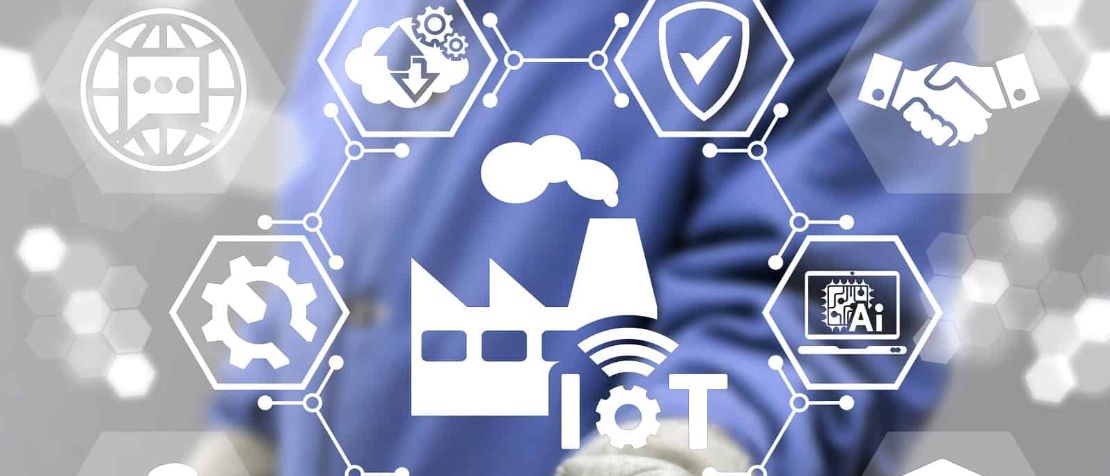
Why it makes business sense to link the Internet of Things and sustainability?
The Internet of Things (IoT) refers to the interconnection of “intelligent” things – a “pulsating world,” in which things continuously send and receive data.
Through this embedded intelligence, IoT will overhaul the economic and societal fabric on a scale not experienced before and give rise to a world in constant change.
So how can we leverage the power of IoT for good? How can we use it to boost sustainable development?
The recent July 2019 Georgia Tech CDAIT conference in Atlanta, U.S., set out to investigate the relationship between IoT technologies and sustainability, and explain why “The Internet of Things for Sustainability is Smart Business”.
Participants in this well-attended event came from industry, academic institutions, nonprofit organizations and government agencies.
“IoT for sustainability is indeed smart business, business where we see increasing alignment in the incentives of the public and private sector,” said Bilel Jamoussi, Chief of the Study Groups Department at ITU’s Standardization Bureau as he opened the conference with a welcoming message from Geneva. “We are living through a time of accelerating convergence. Technologies are converging. Industries are converging. Our world has become highly interconnected. We see that achieving the full potential of IoT will demand inclusive innovation, and inclusive standards development.”
Jamoussi was followed by the keynote address from Deloitte’s Chief IoT Technologist, Robert Schmid, who touched on the human impact of IoT and stressed that “it is also about more than apps, efficiency, and revenue; IoT has the power to improve quality of life and even save lives.”
Building off prior efforts
The event echoed the 9 June 2017 “Internet of Things (IoT) declaration to achieve the Sustainable Developments Goals”, adopted by the participants during the Internet of Things Week 2017 held at ITU headquarters in Geneva.
RELATED: How data standards will improve IoT and Smart Cities: report
The programme was built around two general roundtable discussions and five shorter sessions on particular topics.
The first roundtable debated why it makes business sense for companies to focus on sustainability via the insertion of IoT technologies. The second roundtable centered on educational and training needs in light of the related business objectives.
The five shorter sessions tackled a range of specific issues such as regulation and policy perspectives; home and commercial buildings; manufacturing; supply chain and logistics; and consumer products.
It was the general opinion through various presentations and discussions among attendees that IoT technologies serving sustainable development goals can bring about substantial operational efficiencies and cost savings as well as revenue gains.
Still a work in progress
It was equally clear that it is still a work in progress.
The awareness of the benefits and intensity of sustainability-focused IoT deployments vary, and much is left to be done.
However, since IoT technologies are progressively becoming central to the corporate and societal digital transformation currently underway – and sustainability considerations are an indispensable component of this transformation as a result of legal, regulatory, policy and market constraints – there was wide consensus that the connection between IoT and sustainability is bound to grow stronger.
The views expressed in this article are solely the author’s own and do not necessarily represent those of the Georgia Institute of Technology (“Georgia Tech”), the Georgia Tech CDAIT members, the University System of Georgia or the State of Georgia.
